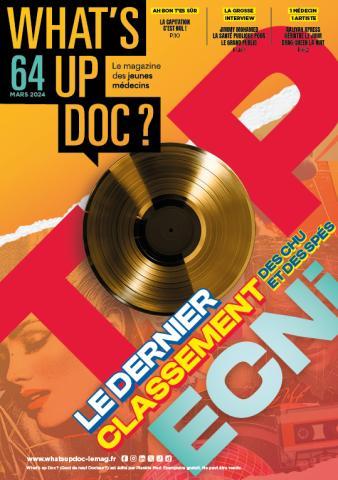Puisque la partie Discussion sert à formuler des hypothèses et à proposer de nouvelles perspectives de recherche, les auxiliaires modaux, les périphrases modales, et les expressions à valeur modale (adjectifs, adverbes, etc.), sont fréquemment utilisés.
Simple tenses are still used to present established or accepted facts and references to specific studies, whereas modality is used to express degrees of certainty or pressure, to make recommendations, or to put forward arguments:
Contrairement aux temps simples qui servent à introduire des faits établis ou reconnus et des références à des études bien précises, la modalité permet d’exprimer des degrés de certitude ou de pression, des recommandations, des arguments :
- Modal verbs (may, might, can, could, should, will, would...)
Ex. This study is limited because most of the patients had quite extensive disease and the study population was relatively homogeneous, which might have had an influence on identifying variations in the burden of the disease.
- Modal phrases (likely, unlikely, unable, necessary, enable, certain + to + V...)
Ex. It is very likely that cosmetic disfigurement and itching determine the burden of the disease.
- Modal expressions (unclear, important, possible, probable, critical, vital, probably, certainly,relatively, considerably...)
Ex. This study is limited because most of the patients had quite extensive disease and the study population was relatively homogeneous.
- Verbs with a modal connotation (think, believe, assume, suppose, consider, expect…)
Ex. We therefore believe that our results support the decision to use disease-specific instruments.


